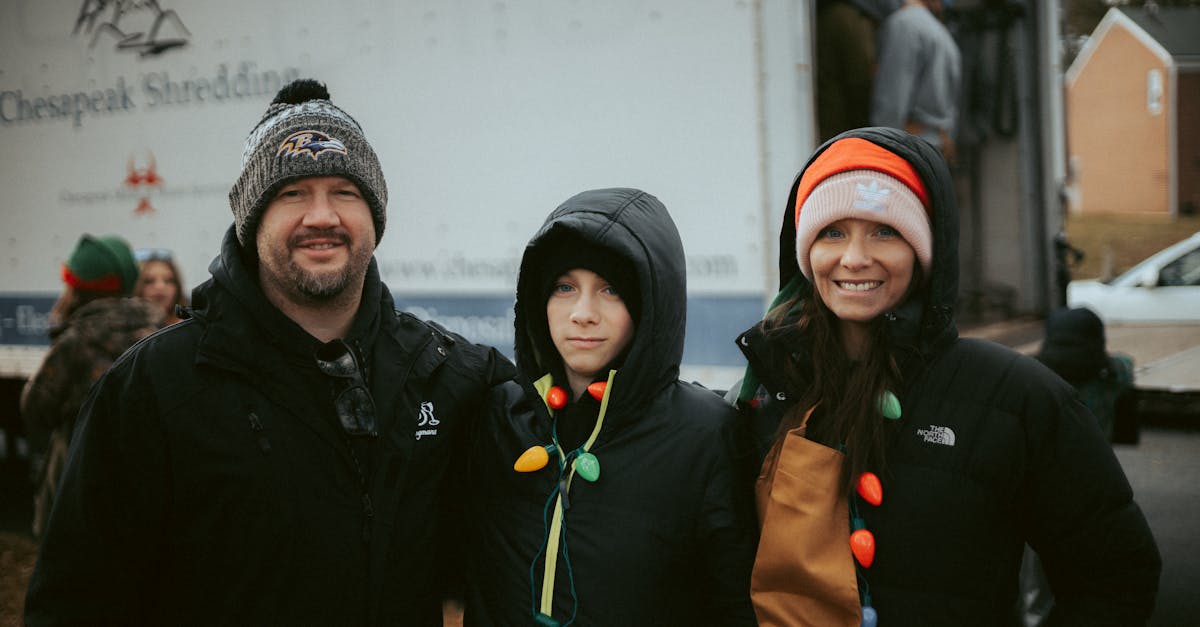Make Kindness a Family Ritual
Imagine turning kindness into family fun—sounds promising, right? Well, making kindness a family ritual can be both rewarding and an enjoyable experience.
Gather around the dinner table and start a new tradition: ‘Kindness Tuesdays’ or ‘Sharing Saturdays.’ Encourage your kids to share one kind act they performed that week. This not only boosts their confidence but also stimulates a natural inclination towards empathy.
For instance, my five-year-old niece once opted for ‘Playdate Wednesdays’ with our elderly neighbor. Who knew Bingo could be so engaging? These small steps build a foundation of compassion that makes your home a kindness hub.

The Fun Side of Volunteering
Volunteering is one of those activities that can disguise itself as fun. Introduce your preschoolers to volunteering by picking a cause that resonates with them. How about a weekend insect rescue? My little ones love it, and it doubles as a science lesson.
Volunteering teaches kids to give without expecting anything in return—a crucial lesson in kindness. So, let’s make it fun!
Picture your child and their friends bubble-wrapping pinecones ‘for the birds.’ It also offers you some equal ground to navigate each other’s space—moments like these create lasting bonds and heartfelt laughs.

Get them involved in activities like:
- Insect rescue
- Bubble-wrapping pinecones for birds
- Helping at local shelters
- Community clean-up events
These engaging experiences not only help the community but also cultivate empathy and teamwork in young minds.
Understanding Emotional Hurdles
Growing up isn’t all playdates and cookies—there’s emotional turbulence too. Preschoolers often grapple with understanding their own feelings, let alone others’. They sometimes react to strangers with apprehension. Parents, this is normal, so breathe!
Common Emotional Challenges
- Fear of the unknown
- Shyness around new people
Help them by acknowledging their feelings. Ever tried the bear hug technique? It works wonders!
This tactic involves a calming embrace that reassures them they’re safe. So, the next time your kiddo feels overwhelmed, ground them with giggles and warmth.

Compassion Through Storytime
Books have the power to change hearts and spark compassion. When you read stories that foster empathy, you connect your child to characters experiencing other worlds. Oh, the tales my grandma used to spin!
Encourage your preschooler to relate to characters in these stories. Dr. Seuss’s whimsical rhymes or the adventurous escapades of Peter Rabbit—each holds lessons of kindness.
Storytime becomes an adventure where kids learn compassion, making fun connections along the way. By identifying with different situations, your child will naturally start absorbing the values they read about. Just imagine hopping along with Peter Rabbit under the moonlit sky.

Invite empathy into your child’s heart through the joy of stories and watch their compassion grow!
Lead by Example: Your Actions Matter
Ever notice how your preschooler mimics you? Whether you intend it or not, you’re their number one role model. So, let your actions speak louder than words. The smallest gesture—a smile at a stranger or holding the door for someone—teaches them volumes.
One day, my son decided to gift his lunch to a classmate who forgot theirs. Genealogy? Perhaps. More likely, a reflection of what he observed. Live compassionately, and your child will follow suit. Show them that kindness is a way of life, not a momentary action.
Because, remember, your child is always watching.

Encourage Conversation and Reflection
Conversations with kids can be enlightening and amusing! Encourage your preschooler to express their feelings and reflect on their actions. You might hear something as simple as, “I shared my crayons,” but dig deeper. Ask them, “How did that make you feel?” or “What did you learn?” Answers often range from hilarious to profound.
And, here’s a bonus: it sharpens their communication skills. Open dialogue fosters understanding and clarifies moral values. Start reflective talks regularly, turning the kitchen table into a learning hub. Trust me, the gems that come from your child’s mouth will astound and amuse you.

